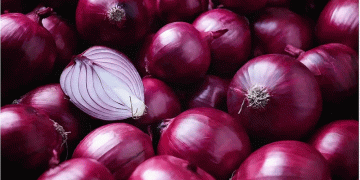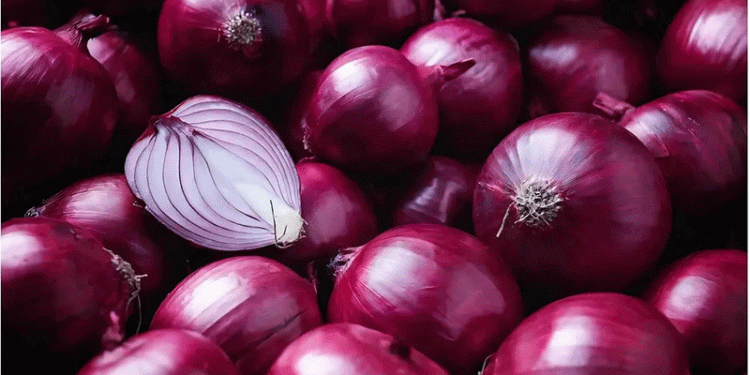Shoppers searching for Swiss-grown onions are finding mostly imports from the Netherlands, Denmark, and France, reports the Swiss Agricultural Information Service (LID). The domestic supply has nearly vanished after a disastrous 2023 harvest, plagued by rot, relentless rain, and a critical lack of crop protection.
A Harvest Ravaged by Disease and Weather
Markus Waber, Deputy Director of the Swiss Vegetable Producers Association (VSGP), confirms:
- 2023’s onion crop was small and of inconsistent quality due to persistent wet weather.
- False mildew (Peronospora destructor) spread rapidly, worsened by delayed harvests from rain-soaked fields.
- Many onions required costly drying and sorting, yet rot still infiltrated storage facilities.
By early 2024, Swiss stocks were depleted, forcing retailers to import onions months earlier than usual.
Why Did This Happen?
- Extreme Weather – Heavy autumn rains delayed harvests and increased fungal risks.
- Lack of Pesticides – Strict regulations left farmers without effective treatments for mildew.
- Storage Losses – High moisture led to rapid spoilage, reducing salable yields.
Waber emphasizes:
“It wasn’t just the weather—missing crop protection was a major factor.”
Hope for 2024’s Harvest?
- Emergency pesticide approvals (4 treatments against mildew) may help stabilize yields.
- Farmers now rely on dry harvest conditions to prevent dirty, damp onions from ruining storage.
Yet, challenges remain:
- Climate volatility threatens drying periods.
- Dependence on imports continues until the new crop arrives.
A Wake-Up Call for Swiss Agriculture
The onion crisis highlights two critical vulnerabilities:
- Over-reliance on fragile weather windows for harvest and storage.
- Regulatory gaps in pest/disease control that leave crops unprotected.
For farmers and agronomists, adapting storage tech, securing emergency pesticides, and breeding resilient varieties are urgent priorities. Without action, import dependency will grow—putting Swiss food security at risk.































